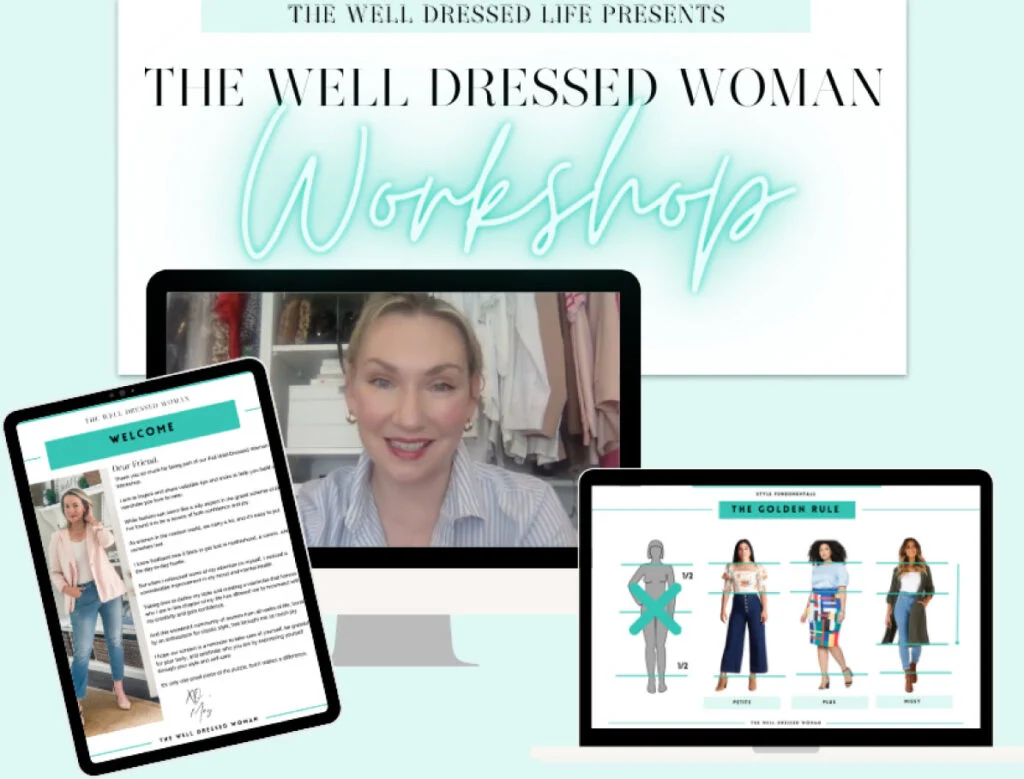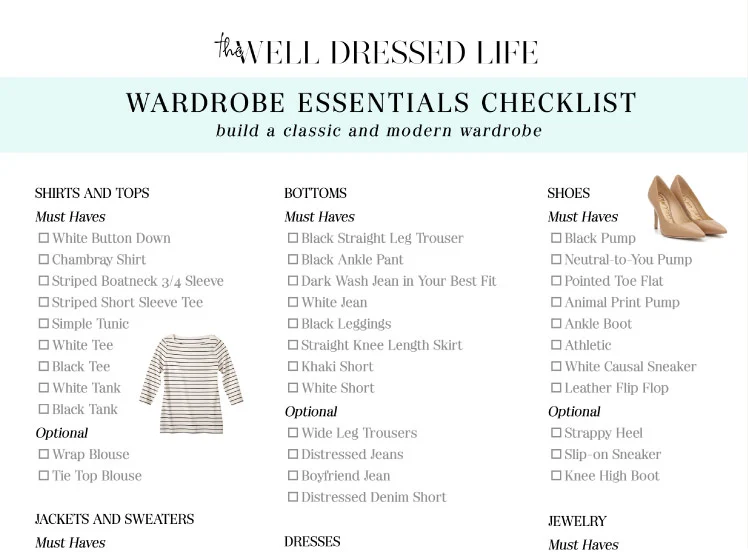I am the walking poster child for Imposter Syndrome. So often, when I write a blog post, stand off stage before speaking in front of a few hundred people, go into a meeting, hop on a call for what could be a fantastic opportunity, or face a challenge my mind is filled with:
“I have no idea what I’m doing.”
“I’m in over my head.”
“How did I convince so many people that I’m an expert?”
“Everyone is going to realize I am a total fraud.”
I live at the intersection of brazen ambition and crippling fear and doubt. While I feel like an anomaly, the idea that someone thinks they are a fraud, despite evidence to the contrary, is the very definition of “Imposter Syndrome.”
If you share these thoughts and beliefs, you’re not alone. According to a 2015 study in the International Journal of Behavioral Science, it affects almost 70% of people. If you’re in a leadership position or are an entrepreneur, you’re even more likely to deal with it.
In fact, the idea has been tossed around that imposter syndrome isn’t not a syndrome at all, but a by-product of success.
I’ve always found it fascinating that my mind would swirl with self-doubt, yet my actions went in the opposite direction. On the surface, I have it all together, but on the inside, well, that’s a different story.
Do you ever feel the same?
When I feel overwhelmed with doubt, which is often, I turn to a few strategies I’ve learned along the way, to give me the push I need to move forward.
These aren’t cures for the feeling of inadequacy, but a way to keep on going.
How I Deal With Imposter Syndrome

Believe Your Press
As women, we are often raised with this idea that humility equates to being ladylike. That somehow deflecting our success is the proper thing to do. You see it all the time: from the female leader complimented on a successful project who shares the credit with everyone else (whether it’s deserved or not) to the fifth grader who acts like her math grade is “luck,” and not hours of study and practice.
I catch myself doing this often. A few weeks back a good friend of mine complimented my hustle and called me an “inspiration,” and I replied by saying, “Really? I have no idea what I’m doing.”
We have to start rewriting our internal script and flipping the narrative around. If you did something amazing, own it, if you look fantastic, own it, if you’re generally a badass, own it.
When I’m feeling extra unworthy, overwhelmed or starting to psych myself out, I revisit my good press. I have a box in my office I call “love notes.” It’s filled with every note, card, and email from former clients and readers I’ve received since the day I started my business. It’s an in-my-face-reminder that no matter what my mind is telling me, my success is pretty undeniable.
Related: Interrupt Anxiety with Gratitude
Celebrate Small Wins
There is a particular kind of exhaustion that comes with the constant vulnerability of being an entrepreneur. Everyone knows that feeling when nothing is working, and you start to use every misstep or hiccup as a sign from the universe to quit.
When I find myself in this place, my internal dialog goes straight to, “See, it’s all falling apart. It was never going to last.” I turn into, as my dear friend Maribeth calls me, an “emotional flogger.” (Isn’t that the best term?)
Instead of focusing on all the little things getting in your way, focus on all the little things working out. This helps me keep the negative speak to a minimum. It can be anything.
For me, some days it’s reviewing the increase in our readership since last year. How small changes and updates made a big difference. Other days it’s as baseline as falling asleep knowing all the laundry is folded and put away.
It goes back to flipping the script and staying positive.
Do it Anyway and Bribe Yourself
Imposter Syndrome lives in your mind. It’s not an actual disease. The best “cure” for it is movement. The more you move forward the less power you give the conversation in your mind.
What I find works the BEST is acknowledging you are having these thoughts, take a deep breath, and refocus your attention to your work. It sounds simple, but it takes a tremendous amount of discipline to keeping going. The more you do it, the easier it gets.
Because I’m basically a five year old, I give myself little rewards for completing certain tasks.
Sometimes I get incredibly nervous before a speech. It’s so bad I could convince myself to run away, or fake my death. Instead, I think back to all my successful speeches, remind myself that I’ve yet to be booed off stage and promise myself a celebratory glass of champagne when it’s over.
When I’m struggling with content for the blog or think everything I write is crap, I set aside a few hours to focus on work, and then meet a friend for dinner.
It gives me something to look forward to and focuses my thoughts away from the negative and on to something positive.
Know it Happens to EVERYONE
I’ve been fortunate over the last ten years to meet some incredibly successful people. Whenever I have the opportunity, the one question I always ask them is, “When did you stop feeling like a fraud?” And every single time the answer is, “I still do!”
Knowing that this feeling of inadequacy is a natural response to pressure and success makes it easier to move past and get on with your agenda.
Knowing you’re not alone is often the best remedy. As women, we are in a powerful, watershed moment in so many ways. I have talked to so many women, heard from so many readers who are thinking of stepping into something new and different, whether it’s going off on your own, or taking on more responsibility in an organization.
Don’t let your thoughts of inadequacy hinder your future. We all feel like we are frauds at some point.
Related: How to Brand Yourself as a Thought Leader
Don’t Dumb Yourself Down
I’m just going to say it: I know what I want, where I want to be and what I’m doing, and so do you. The only thing in any of our way is ourselves. Work on letting go of your negative self-talk. You’ll be more productive and your confidence will increase.
Don’t let your thoughts of inadequacy hinder your future. We all feel like we are frauds at some point.




Leave a Comment